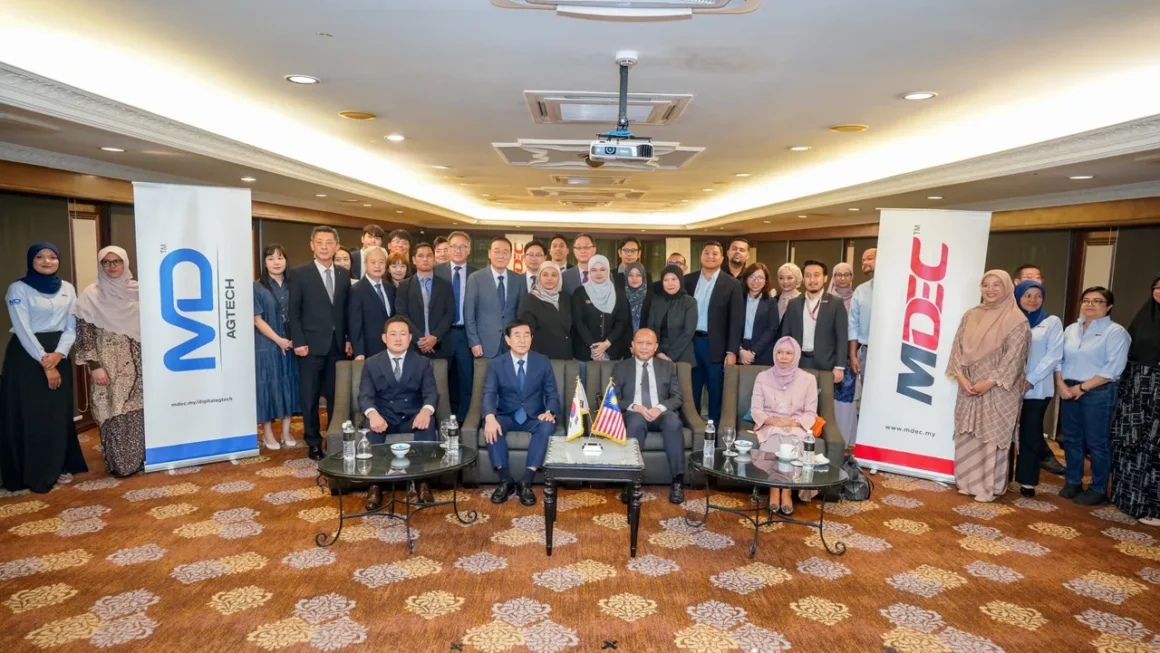KUALA LUMPUR – In Malaysia, the official halal certification plays a critical role in assuring Muslim consumers that a restaurant or product complies with Islamic dietary laws, including cleanliness, proper preparation, and the absence of prohibited ingredients such as pork or alcohol.
However, not all food and beverage outlets are prepared—or able—to undertake the full halal certification process. As a result, many choose to display signs such as “no pork, no lard”, “pork-free”, or “Muslim-friendly” to attract Muslim customers.
The issue escalated when a group known as Muslim Friendly Watch (MFW) introduced a label called “Muslim Choice”, intended for businesses without Jakim certification but wishing to appeal to Muslim consumers.
On Nov 5, 2025, MFW announced its dissolution following a wave of public backlash. The move came days after the Department of Islamic Development Malaysia (Jakim) clarified that it had never recognised the “Muslim Choice” label. Jakim earlier warned in August 2024 that such labels could confuse consumers and potentially violate the Trade Descriptions Act, which prohibits the use of misleading halal-related terms.
Consumer Confusion Amid Unofficial Labels
Despite Malaysia having a single official halal logo, diners frequently encounter many unofficial claims such as “Muslim-friendly” or “pork-free,” which do not represent certified halal status.
This has caused uncertainty among Muslim consumers, who prioritise halal integrity in their daily lives.
A nationwide survey by Vodus in 2024 revealed that 69% of respondents rely on Jakim’s halal certification—and the presence of Muslim staff—when deciding whether to purchase food.
According to Iman Research’s Research Director, Aziff Azuddin, Jakim’s certification is especially important as consumer scrutiny of non-Muslim-owned businesses grows. Unofficial labels, he said, are often aimed at Muslim consumers who are less strict but still seek basic assurance.
The High Cost of Compliance
Gaining Jakim halal certification is achievable but demanding.
While the official yearly fee is only around RM100, the total cost—including training, food safety compliance, documentation, and consultants—can exceed RM25,000 per application.
Restaurants must register an official business, submit ingredient lists, ensure all suppliers are halal-certified, appoint a full-time Muslim halal supervisor, and undergo audits. The full process typically takes three to six months.
Despite the challenges, many business owners view halal certification as essential. “Without a halal logo, Chinese restaurants like mine can lose up to 60% of potential customers,” said one restaurant owner.
Political and Social Dimensions
Halal certification in Malaysia often intersects with political sentiment. Some political groups have proposed coloured halal labels to distinguish Muslim-owned from non-Muslim-owned businesses—an idea Jakim firmly rejected, saying halal certification must be based solely on ingredients, processes, and safety.
The “Muslim Choice” issue became highly sensitive because it was perceived as an attempt by non-Muslim businesses to create their own halal market independent of Jakim’s authority.
Aziff noted this reflects a growing distrust among certain businesses toward official institutions, prompting them to create alternative “trusted” labels.
A Continuing Debate
Not all Muslims insist on Jakim certification. Some say they are comfortable with “pork-free” or “Muslim-friendly” signs as long as the establishment is transparent about ingredients.
Still, Malaysia’s halal certification remains one of the most globally respected systems, integrated with international hygiene and quality benchmarks.
As debates continue, Jakim emphasizes that only the official Halal Malaysia logo is valid, while unofficial claims risk confusing consumers and undermining the nation’s halal integrity.
Sumber : THE STRAITS TIMES




